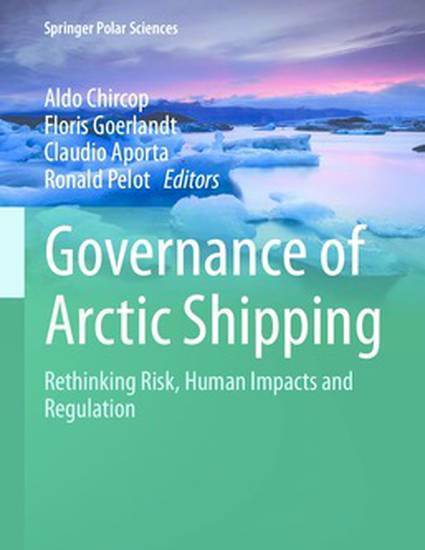
- Arctic Council,
- Civil Liability,
- Heavy Fuel Oil (HFO) Regulation,
- International Maritime Organization,
- MARPOL,
- Polar Code,
- Regulation Implementation,
- Regulatory Strategy,
- Stakeholders’ Interests
Since the International Maritime Organization’s (IMO) ban on the use and carriage for use of heavy fuel oil (HFO) for ships operating in Antarctic waters came into effect in 2011, the international community has been engaged in a discourse on whether to adopt a similar standard for ships operating in Arctic waters. The issues are complex as, in addition to reducing the environmental risks posed by HFOs, there are economic and social consequences, including dependence on such fuels by Indigenous peoples. The discourse has involved the IMO, the Arctic Council, industry associations, environmental nongovernmental organizations, and Indigenous peoples. The issue was first raised during the development of the Polar Code and is considered unfinished business of the Code. This chapter discusses the nature of the problem and the challenges to explore a possible regulatory strategy. The chapter will consider the issue in the larger context of the public and private maritime law conventions to consider how an HFO regulatory strategy complements and remains consistent with other elements of maritime regulation.
